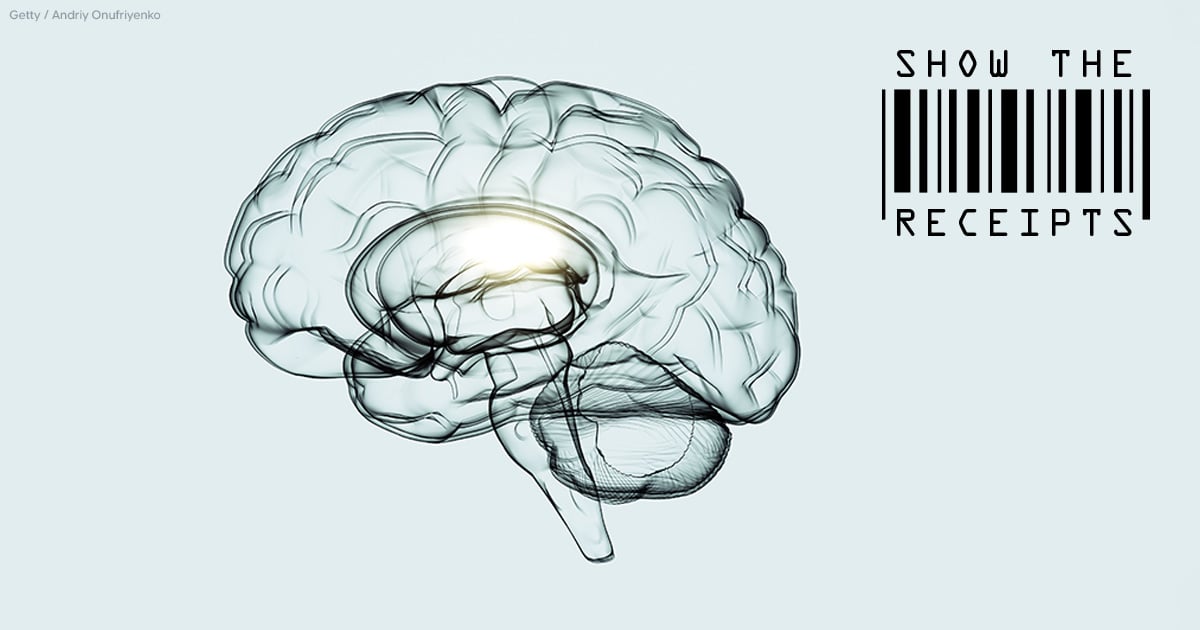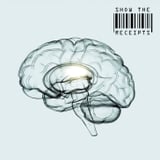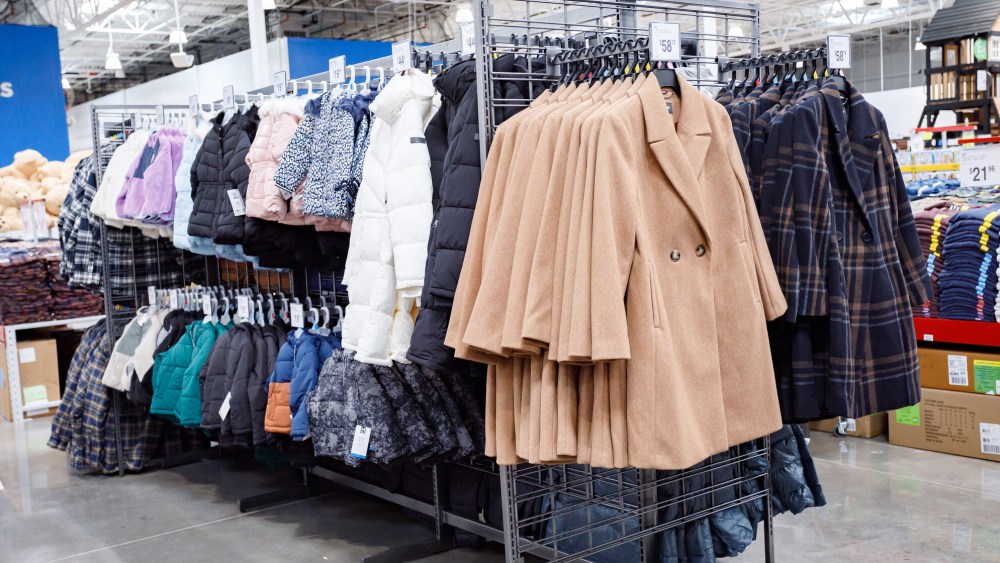Welcome to Show the Receipts, a new series where we ask interesting people to share exactly how much it costs to get shit done. No matter the task, we’re tracking every last dollar from start to finish. Up next: getting an autism diagnosis as an adult.
Peter Mann never considered that he could have autism until he saw an interview on the news in which a NASA worker described their experiences with the condition about two years ago. “She was describing her traits, like hyperfocus and having a narrow set of interests,” Mann remembers. “As she described how she was, it connected exactly with how I was…it was like: ‘holy cow.’ I always knew I was different, but I just thought I was reserved or had some social challenges. But her description made a lot of sense.”
Soon, Mann started taking online assessments gauging for autism, and they all seemed to suggest he could have the condition. “I ended up taking nine or 10 of these tests and every single one was coming back saying I had autism,” he remembers. Things started clicking.
“You go back in your life and consider all these experiences you’ve had through a new lens,” Mann says. “I remember growing up getting yelled at all the time for not making eye contact. I remember teachers screaming at me and being verbally abused for being stupid…I didn’t really talk until third grade, and was a couple years behind verbally, but was ahead of everyone in math. All this stuff that didn’t seem normal, looking back it’s like: ‘wow, I see why now.'”
For Mann, getting an official diagnosis was important, but it didn’t come easy for more reasons than one. Here’s the full cost breakdown, and everything he went through to finally get a diagnosis at age 54.
Task: Getting an official autism diagnosis
Occupation: CEO of Oransi, a sustainable electric motor tech company
Location: Blacksburg, Virginia
Timeline: 4 months – from April to July 2022
The Receipts
Initial consultation cost: $0
Diagnostic testing cost: $700
Insurance coverage: $0
Travel to appointments: $0 – virtual meetings during COVID
Total cost: $700
How I Did It
POPSUGAR: What was the most surprising expense or part of the process?
Peter Mann: When I started calling around my local area to get a diagnosis, I quickly found the testing was all geared towards kids – like five-year-olds. There were no options for adults. I called a university here in Virginia that had an autism center, and they couldn’t get me in for 18 months. I was shocked and kept looking elsewhere.
I made close to 20 calls and visited just as many websites that were clearly oriented toward children. It felt like they were saying people like me didn’t belong. It was a continuation of the thread that the neurotypical way to socialize is the proper way.
After about six weeks, I found a psychologist in Oregon, who would work with me through telehealth. She gave me a written assessment and initial screening first. Then about a month later, we had an hour-and-a-half or two-hour extensive Q&A session. It involved reliving experiences from my childhood. It was very detailed and intense. When she finally diagnosed with me autism after the assessment, I broke down. It was so emotional for me to have a qualified professional tell me that all the stuff I lived through was because I’m just wired differently.
At that moment, I started going back and reflecting on all the difficulties, the judgments, and the stigma that I’ve dealt with my whole life. It reframed all these experiences.
PS: Where were you able to save?
PM: Insurance wasn’t going to cover my assessment. But I was able to save in a few ways. For starters, I opted not to get the full package of testing which includes assessments for other commonly co-occuring conditions, like ADHD. I knew I didn’t have ADHD and I wasn’t interested in spending more money to get tested for the others. So the psychologist tailored the test to just include questions about autism, which sped up the process and got the cost down. I could have easily spent twice as much if not more to get the full menu of testing.
As it was, my whole test took about two hours. My doctor was generally aware that it can be expensive to take these tests, so she structured her pricing to compensate for that.
PS: Any other cost considerations to keep in mind?
PM: The process of getting diagnosed was very difficult and just as mentally taxing as it was financially – from having to call around to various doctors to the hours-long assessment that forced me to reflect on my past.
Getting a diagnosis is way harder than it needs to be. There’s no system set up to help adults with autism, and so many who want an official diagnosis will go undiagnosed. I was just lucky enough to have the resources and ability to put the necessary time in to find a provider.
For me, it was important to hear the words from a professional that this was real. I didn’t want to just think “I am autistic” because I took an online quiz. But I’ve since found that the autistic community is a welcoming one – and if you associate with a lot of these traits, the community will welcome you with open arms. You don’t have to go through all the testing to get that connection and be accepted. But at the time, I didn’t know that.
Still, I’m grateful that I got an official diagnosis. It was the first step to connecting with others in the autism community, and learning routines and coping skills – like cognitive behavioral therapy – that helped me in my day to day.
Final Thoughts:
Despite the headache of finding the doctor and the cost of getting the diagnosis, Mann found getting the diagnosis wholly worth it.
“There are so many adults who are undiagnosed who would really benefit, but the process isn’t for us – it’s all geared towards kids,” Mann says. “For me, this is the most life-changing experience I’ve had. Ever.”
We at POPSUGAR recognize that an autism diagnosis is not accessible or necessary for everyone. For this particular story, we interviewed someone who found the diagnosis and cost spent to be beneficial.
Molly Longman is a freelance journalist who loves to tell stories at the intersection of health and politics. Molly enjoys hiking, public records, and looking at cow videos on Instagram. She’s originally from Iowa.



